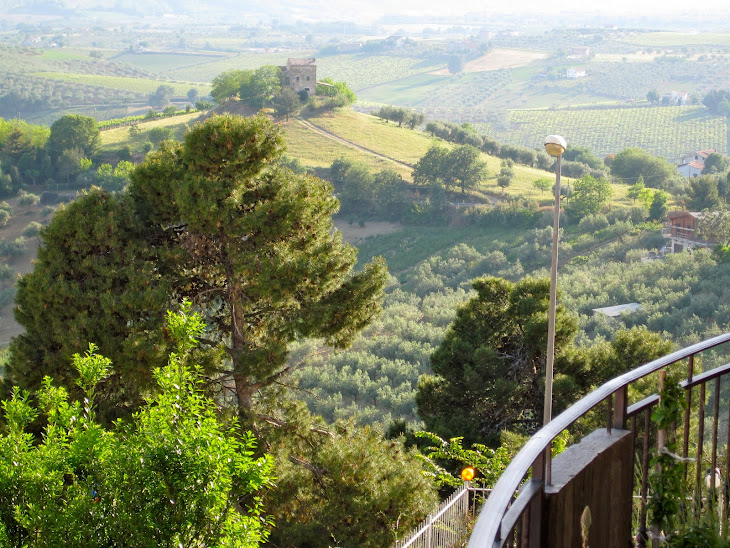

I was sitting and watching bees loving my lavender plant. At any one time I saw 6-8 bees swooning (as I do) over these fabulous blooms. Look closely and you'll see them. Then I read that bees are in trouble.
I hesitate to bring this up just now since it's day 36 of a major oil spill, but in my little corner of the world, the bees are dying by the millions. Their dying is signaling woe for the environment because they are sentinels of the environment, much like butterflies and fireflies. They are extremely delicate and will not adapt to a negative environment. They are being killed by a virulent new generation of pesticides that are also, alas, longer-lasting. Bees don't survive contact with these toxic substances and die before they reach their hive.
Why be alarmed? Because bees are flower feeding insects. They are beneficial since they produce honey and beeswax and they are essential in pollinating flowers. They have a symbiotic, life-giving relationship with the plants.
Do you know that bees communicate with each other by dancing? Or that worker bees (females) must visit over 4,000 flowers to make just a tablespoon of honey? Honey bees are social bees and live in colonies (not all bees do). The males are called drones and basically sit around and wait to mate with the queen bee. My husband thinks that's cool.
So I went from admiring these industrious bees who live their lives amongst the flowers and use dancing as a language to feeling really distressed at how much harm our species is doing to theirs. My husband said that if the bees died out, life as we know it would end. If people died out, all other life would thrive. How sad is that? How can we turn this around?

That, sweet and lovely lady, is the 64,000 dollar question. I suppose the immediate answer is to stop using pesticides. But farmers will say they need to pesticides to feed the world. But if the bees die off, and there's no food because plants wont grow, then who are the farmers feeding?
ReplyDeleteVery interesting.....
ReplyDeletePesticides....what are we going to do about them?
We noticed far fewer bees in our own yard last summer. I don't know what we can do as individuals, except plant things that bees need (and don't use pesticides on them).
ReplyDeleteThis is a very thoughtful, and thought-provoking, post, Mary. So much of what we do is harmful to the Earth, to other species on the Earth, and to ourselves. But how to change it? One small step at a time, I guess. If enough of us take those small steps, our species will make great strides.
ReplyDeleteOne small step by planting plants loved by bees and not using pesticides on them. And buying organic local products whenever available.
ReplyDeleteoh this is like the real life Bee Movie...gotta save teh bees...
ReplyDeleteso much to do, so little time....best to start step by step, green our selves, our home, our family and then step out to help green our community. we must strive to be the example!!
ReplyDelete